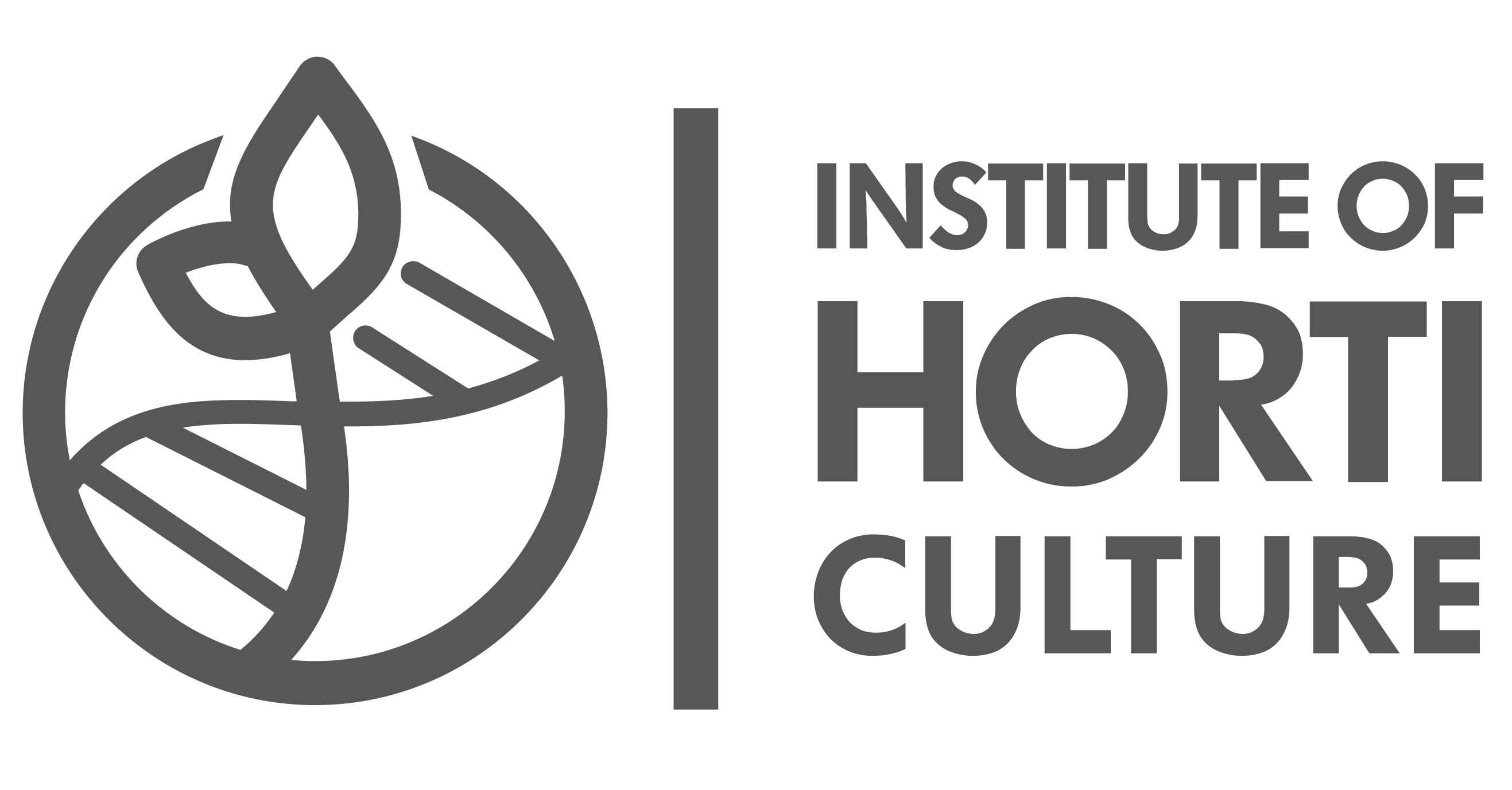Use of innovative methods in increasing the productivity and quality of seabuckthorn plantations

The aim of the project: To develop and practically test an innovative method for increasing the productivity and berry quality of sea buckthorn plantations by growing and incorporating green manure between rows.
Until now, the use of green manure and high-quality grassland between rows is little used in the cultivation of fruit crops in Latvian conditions. The most popular and commonly used types of fertilizer in the industry are either the use of mineral fertilizers or manure, or cultivation without additional fertilization. The use of fertilizers is especially topical issue in organic farms.
During the study, the influence of inter-row vegetation on seabuckthorn plantation productivity will be practically examined and the most productive variants of green manure and perennial grasslands will be evaluated, which will provide insight into the use of new agricultural techniques to improve seabuckthorn productivity. For the application of the new method, indicators will be defined that will substantiate the effect of the results on the increase of productivity and increase of berry quality, as well as the desired composition of inter-row plants will be determined, based on soil composition analyzes.
The developed method will be practically tested in the existing seabuckthorn plantations, as a result of the project developing the most suitable seabuckthorn growing technologies for the farms, the most suitable inter-row plant mixtures and their care methods.
The leading partner of the project is the agricultural services cooperative society "Rūjienas oga", the research is coordinated by the Institute of Horticulture, but the field research is carried out by seven seabuckthorn breeding farms in Latvia.
Source of funding: Rural Support Service, — program "Rural Development Program (RDP), investment measures 2014–2020", framework 16.2